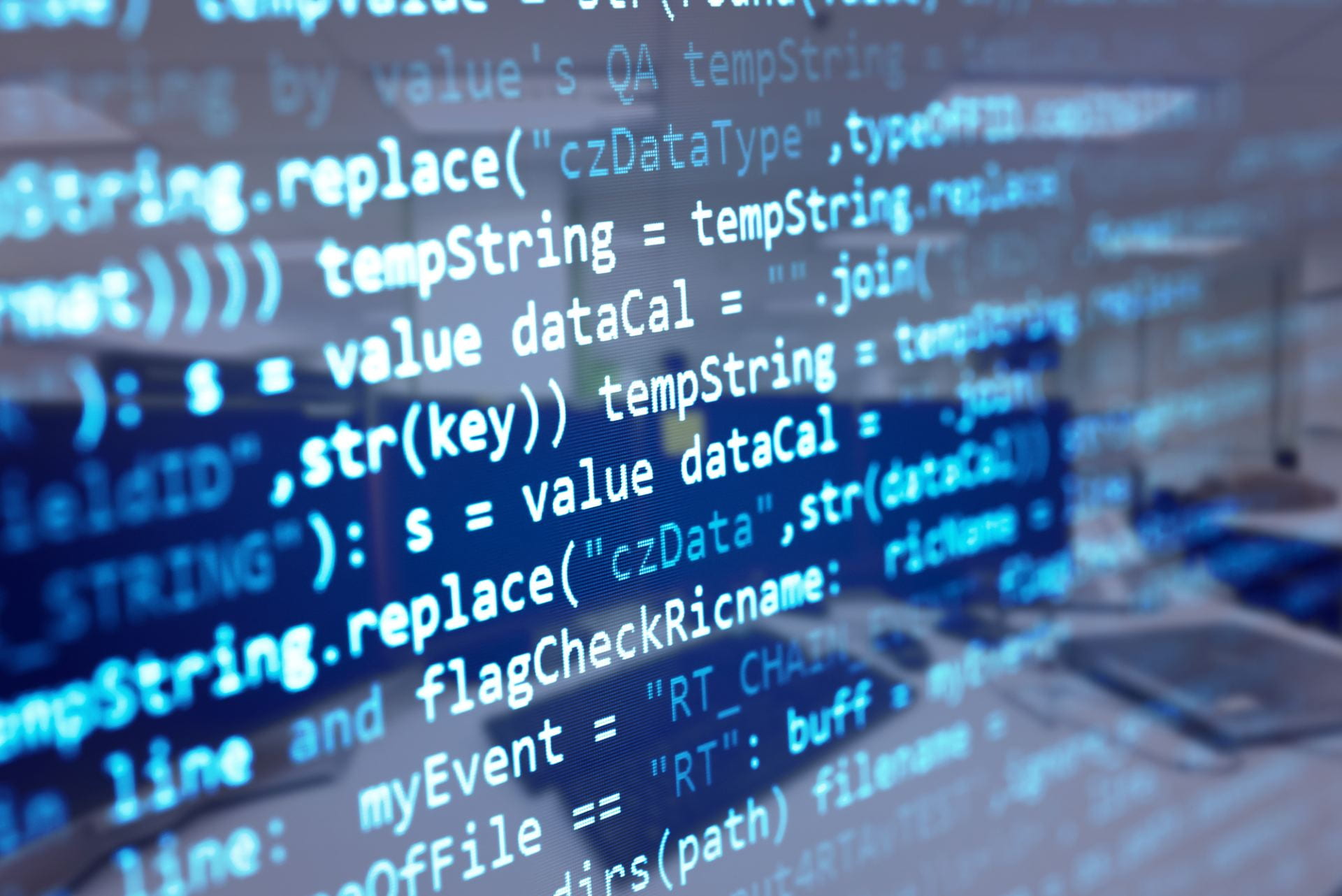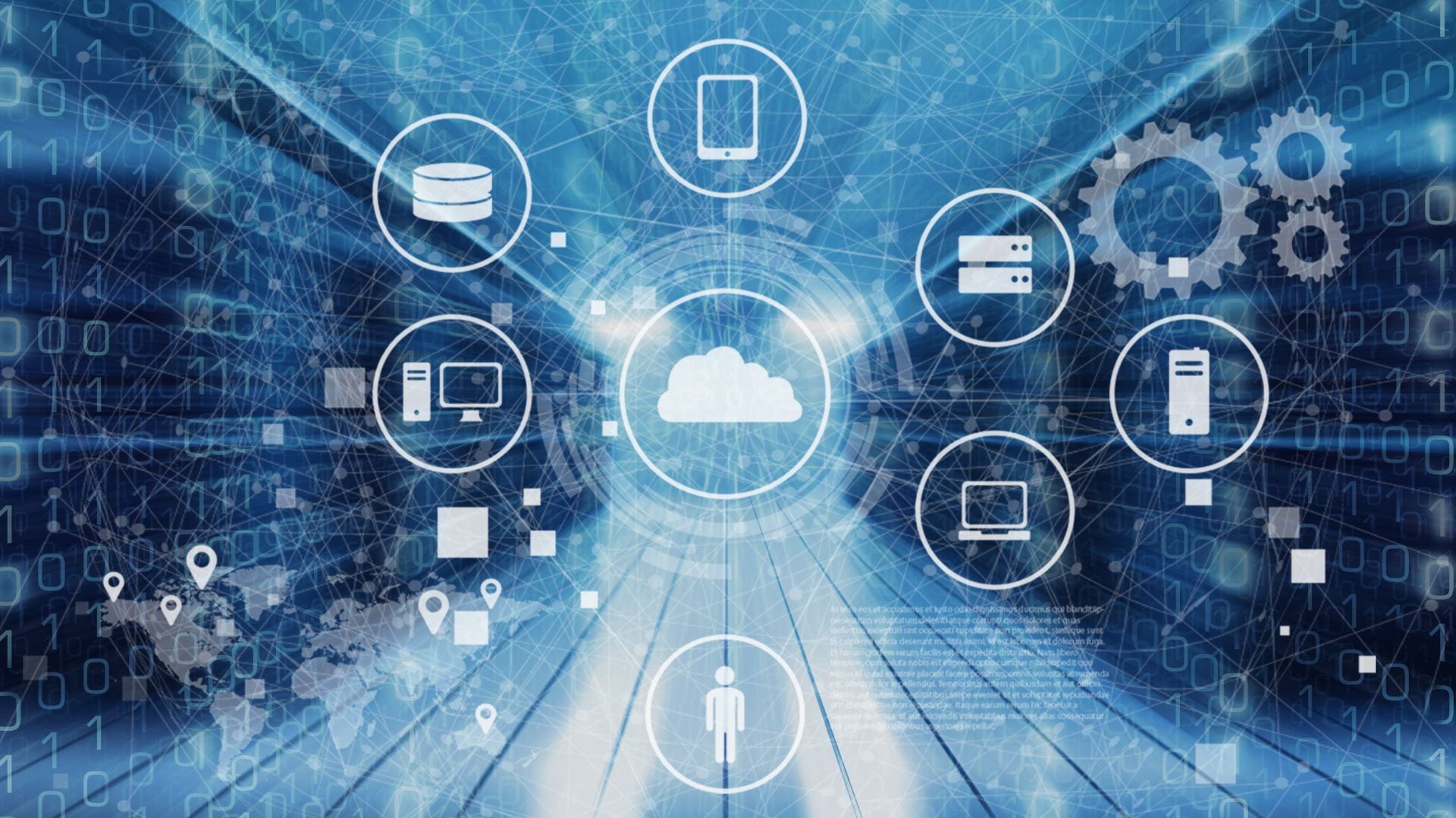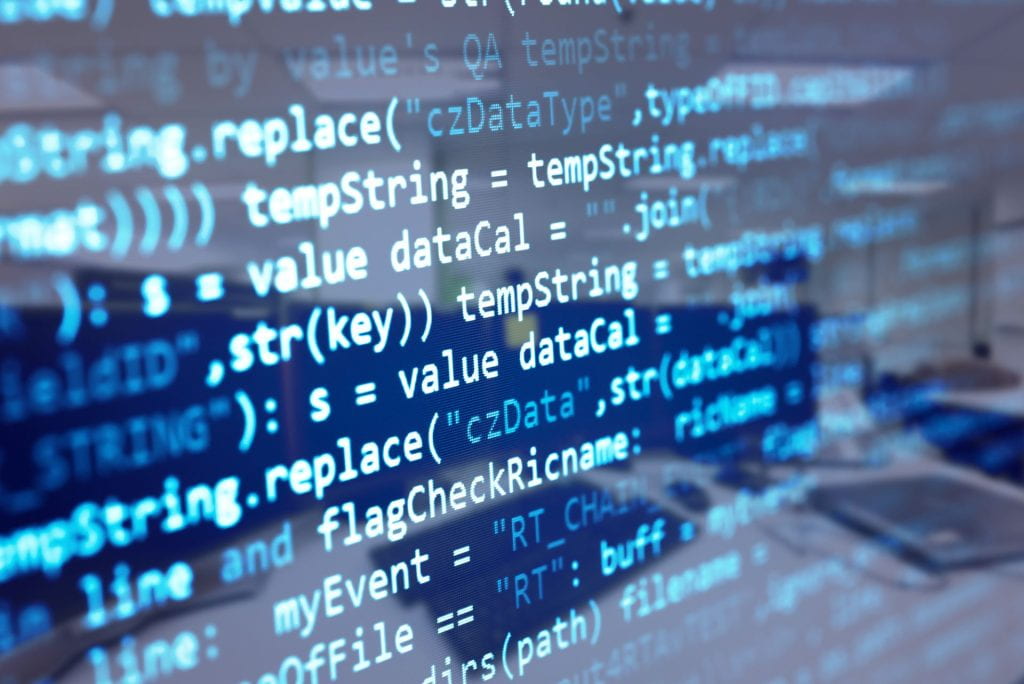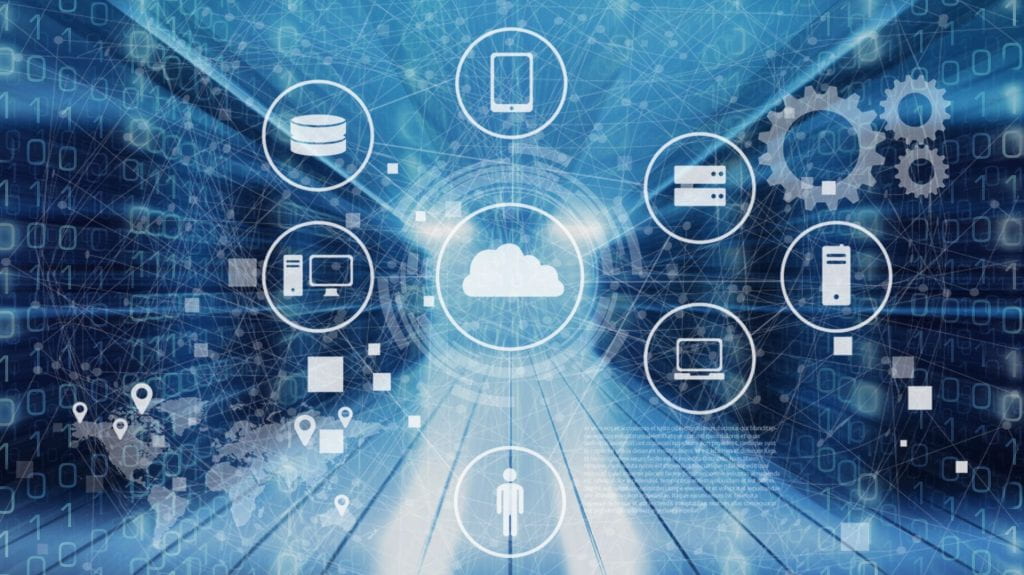Interactive learning to help you advance your skills and knowledge for smart and advanced manufacturing.

IMPEL Stands For:
Integrative Manufacturing and Production Engineering Curricula That Leverage Data Science. These courses were designed with you in mind: A completely online, modular data science curricula to help you advance your skills and knowledge for Industry 4.0
Program Course Offerings

IE 0400: Ethics, Privacy and Cybersecurity

IE 0405: Computation and Visualization

IE 0410: Data Management for Analytics

IE 0415: Algorithms and Optimization

IE 0420: Data Analytics

IE 0425: Sensor Analytics

IE 0430: Cybermanufacturing Systems

IE 0435: Robotics and Automation
Personalize Your Path:
Tailor the curricula to meet your individual needs by accessing the course-module recommendation system. You’ll be provided with the right set of courses/modules taking into consideration your aptitude, competency, and workplace needs.

Learn More About Our Course Offerings!

IE 0400: Ethics, Privacy and Cybersecurity
This course consists of two modules that introduce ethics, both in the context of online learning and more specifically in application to data science and artificial intelligence. The first module reviews facets of ethical behavior in an online learning environment and various measures to enhance privacy and cybersecurity when using online learning platforms. The second module examines best practices for data handling and interpretation in each stage of data science and artificial intelligence projects, including the basis for understanding and implementing algorithmic fairness for societal benefit.
IE 0405: Computation and Visualization
This course covers the basics of data wrangling and data visualization. It provides students the opportunity to read, clean, select, and manipulate structured data.
It also introduces students to visualization charts and techniques that reveal information, patterns, interactions, and comparisons, combining theory and hands-on activities that allow students to extract meaningful insights from the data.


IE 0410: Data Management for Analytics
This course introduces the fundamental concepts and emerging technologies in database design and modeling, database systems, data storage, and data governance. It presents a balanced focus between theory and practice. Finally, it covers the entity relationship model and UML model, relational model, relational databases, Structured Query Language (SQL), and two flavors of NoSQL databases in MongoDB and Neo4j graph databases.
IE 0415: Algorithms and Optimization
This course introduces algorithms and their uses in industrial applications. It covers topics on operations research, linear programming, graphs and graph algorithms, greedy algorithms, dynamic programming algorithms, network flow algorithms, and computational intractability. It explores metaheuristic algorithms. Where possible, the concepts are illustrated with interactive examples. Videos demonstrate coding algorithms in Python. Knowledge-check questions and reflections reinforce learning.


IE 0420: Data Analytics
This course introduces the fundamental concepts and emerging technologies in database design and modeling, database systems, data storage, and data governance. It presents a balanced focus between theory and practice. Finally, it covers the entity relationship model and UML model, relational model, relational databases, Structured Query Language (SQL), and two flavors of NoSQL databases in MongoDB and Neo4j graph databases.
IE 0425: Sensor Analytics
This course introduces the fundamentals of measurement systems including different types of sensors and physical principles. The course also provides a solid theoretical foundation for analyzing and processing sensor measurements in time domain, frequency domain, and time-frequency and various data analytics methods for sensor data in various purposes and applications.


IE 0430: Cybermanufacturing Systems
This course introduces the foundational concepts of industrial automation and its layered structure from the physical plant floor to institutional planning platforms. In order to understand the backbone of the system, networking concepts are also discussed based on real-life case studies. Interactive animations, short reflection questions, and higher-level quiz questions are utilized to enforce the learning.
IE 0435: Robotics and Automation
This course introduces the foundations of robotics and automation. It introduces key terminology for the learner to gain familiarity with robotics deployments in industrial settings. Learning modules are designed to cover the practice of sensors, actuation, and computation. Relevant applications and design principles for robotics and automation in real-world settings are introduced.
